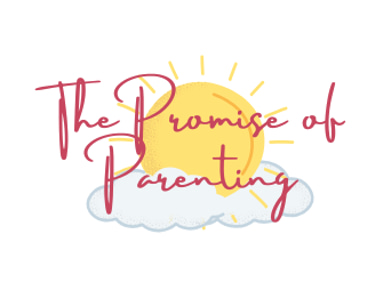
Do We Bring Ours Kid's Homework to School When They Forget It?
How to balance love and responsibility.
Sometimes we're not sure how much to help our children. Loving them and wanting them to grow up to be responsible can sometimes seem at odds.
I heard a lecture today about instilling confidence and responsibility in children. The speaker gave the following example: our child forgets their jacket or their homework when they go to school. Should we bring it to them? He argued no, to do so would not teach them a valuable lesson in responsibility.
I would argue that yes, we should bring them the jacket and homework. And then work with them to find a solution so that it doesn't happen again. Instead of just giving them a cold shoulder to teach them a lesson, we are told that to love one another is the most important commandment of all. When we are loving, we are guiding, kind, forgiving, and helpful. We help pick our kids up when they make mistakes, just like we would want someone to help pick us up. We are merciful when they make mistakes, just like we wish God to be merciful on us. And then, being on their same team, wanting the best for them, just like the speaker wanted for his children, we work together with them to come up with a solution to the problem.
We can do this when we are regulated, because when we are regulated we have access to compassion and perspective. When we are dysregulated, living in fear of what our children could become and trying to prevent that, we lose access to our compassion and perspective. We are in a low-grade fight or flight response, and, in the example given by the speaker, we feel like we need to fight against the potential of our kids becoming irresponsible, which puts us on the opposite team as them, leaving them hanging instead of helping them out.
Yes, the justification that we don't want them to be irresponsible is sound; but going about it by fighting against them is not. We need not fight our children. We can be on the same team as them, and this is actually a more effective way to get results. God knew this when He placed the commandment to love one another above all other commands; He knows when we grow up feeling loved and supported, we grow up more regulated. When we are more regulated, we are more happy and when we are supported, we naturally develop responsibility.
At the end of the day, it is not about what exactly we are saying and what exactly we do in any given scenario. When we are not sure what to do as parents, we often look for scripts or specific advice for specific scenarios. But when we instead focus on simply regulating our nervous systems, we can show up for our children in the way that is best for them. A regulated nervous system is loving, calm, confident, and has perspective. We all have the ability to embody a regulated nervous system and therefore embody these traits, especially when we need it most in parenting.
Recognizing when we are dysregulated, especially because dysregulation can be on a spectrum of intensity, can be challenging, especially when it is low-grade dysregulation.
Step 1 of the Promise of Parenting Path to Transformation gives you 4 signs to help you identify when your nervous system may be dysregulated in parenting.
Subscribe to our newsletter
Receive news updates (not daily marketing emails) and the FREE Promise of Parenting Roadmap, outlining the four sources of dysregulation and the 10-steps to overcoming them.
